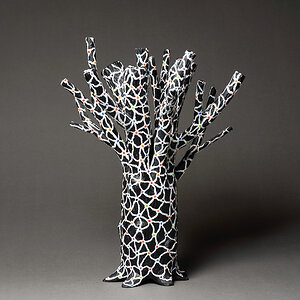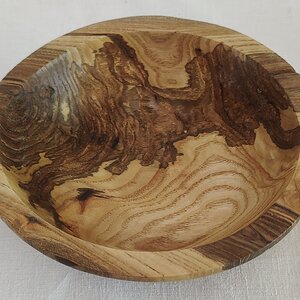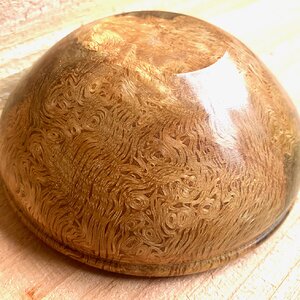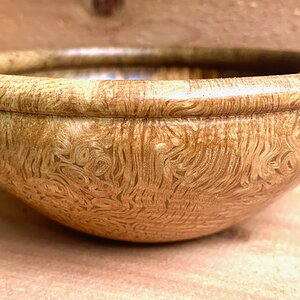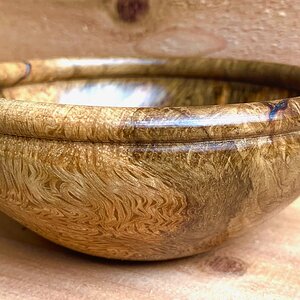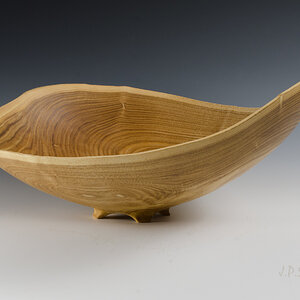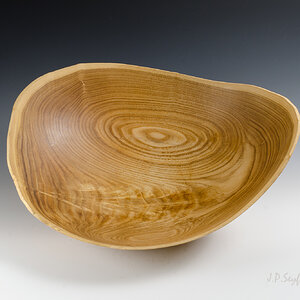-
November Turning Challenge: Puahala Calabash! (click here for details) -
Congratulations to Paul May for "Staircase Study #1" being selected as Turning of the Week for November 11, 2024 (click here for details) -
Welcome new registering member. Your username must be your real First and Last name (for example: John Doe). "Screen names" and "handles" are not allowed and your registration will be deleted if you don't use your real name. Also, do not use all caps nor all lower case.


